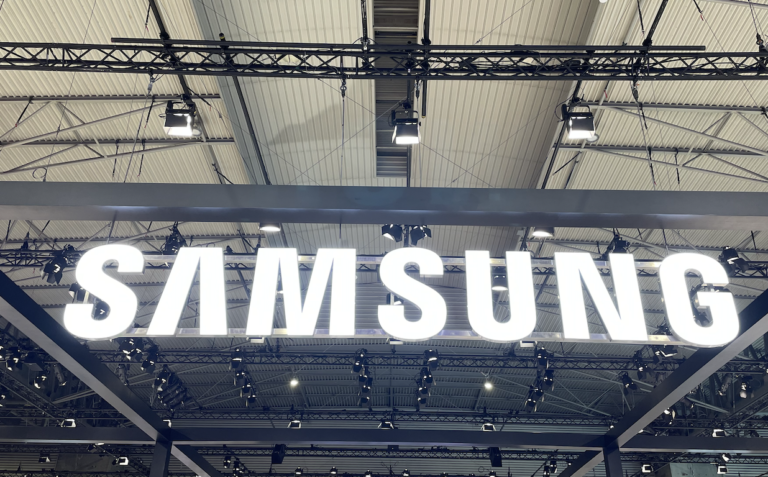Samsung Research America (SRA) has partnered with Princeton University to develop 6G wireless and network systems.
Princeton University’s School of Engineering and Applied Sciences established the NextG initiative last year to accelerate the adoption of new technologies and foster innovation across a range of topics, including cloud and edge networks, intelligent sensing and network resiliency.
More recently, the NextG initiative launched a corporate partnership program to foster collaboration between academia, industry leaders, and policymakers.
Other relevant companies joining the effort include Ericsson, Intel, MediaTek, Nokia Bell Labs, Qualcomm Technologies and Vodafone.
“The wireless industry has benefited greatly from fundamental research over the past few decades,” Charlie Chan, senior vice president of Samsung Research America, said in a statement. “We encourage Princeton researchers to continue innovating and develop disruptive technologies that could provide major advances for 6G.”
Related: Research and development into 6G sensing progresses, but some question its business value
Given that 5G has been largely viewed as a disappointment (though not by everyone), and there’s still debate about what 5G Advanced will bring, it’s natural to question the wisdom of investing so much time into 6G. But there’s already a lot of work underway.
Samsung Research published a white paper in July 2020 outlining its 6G vision, including a planned timeline for standardization (suggesting the earliest commercialization date would be 2028, with large-scale commercialization around 2030).
Samsung Research strengthens its leadership position by chairing both the International Telecommunications Union Radiocommunication Sector (ITU-R) 6G Framework Group and the Global Mobile Suppliers Association (GSA) Spectrum Group.
In May 2022, Samsung held a 6G forum to discuss everything related to 6G, including air interface technology and the spectrum bands that might be used.


